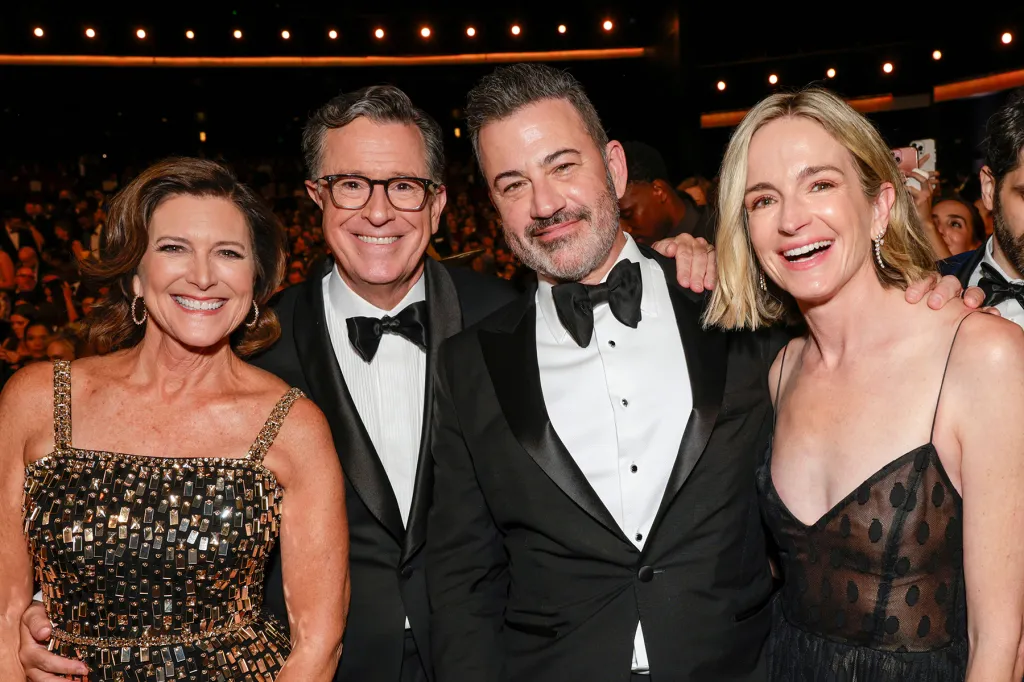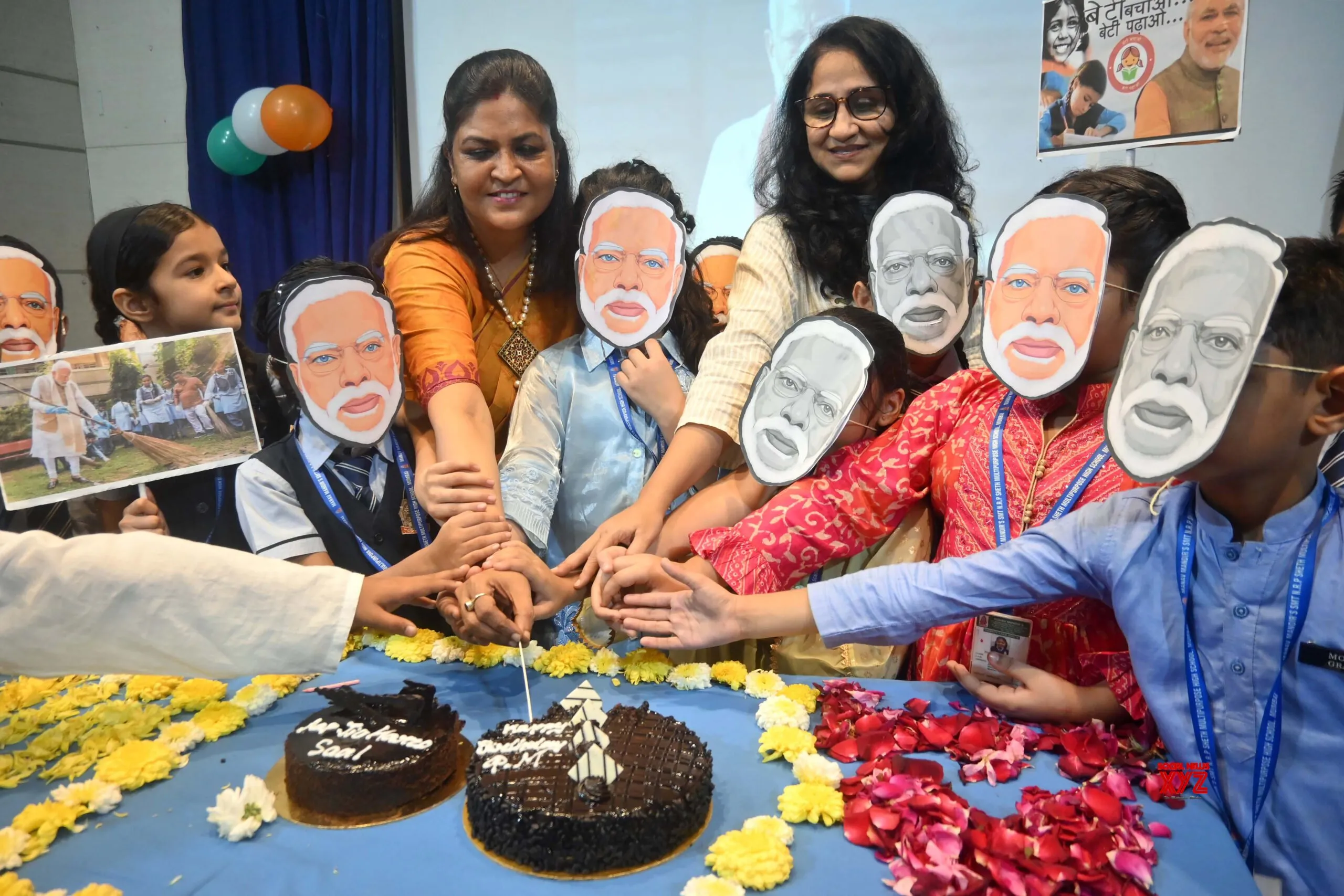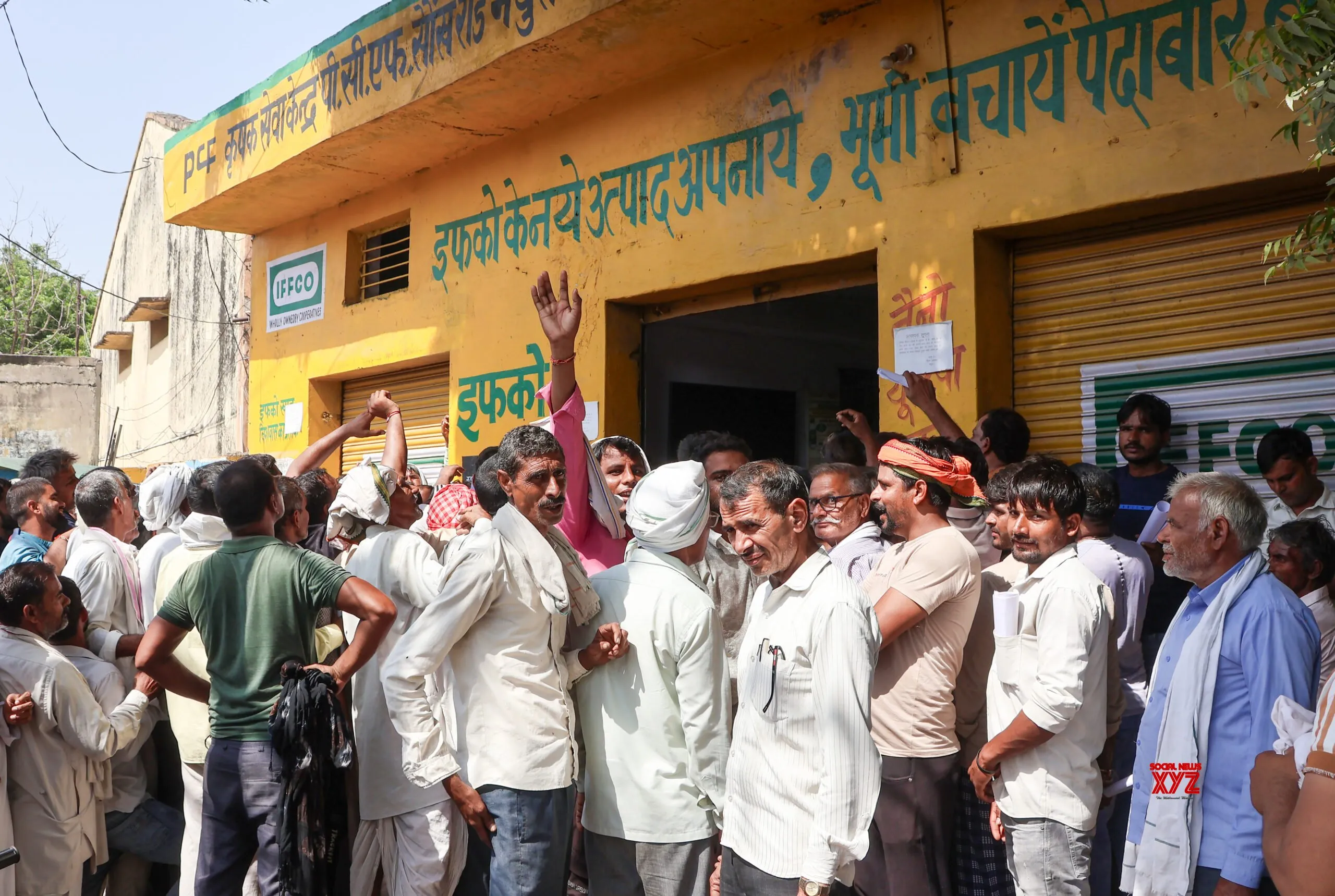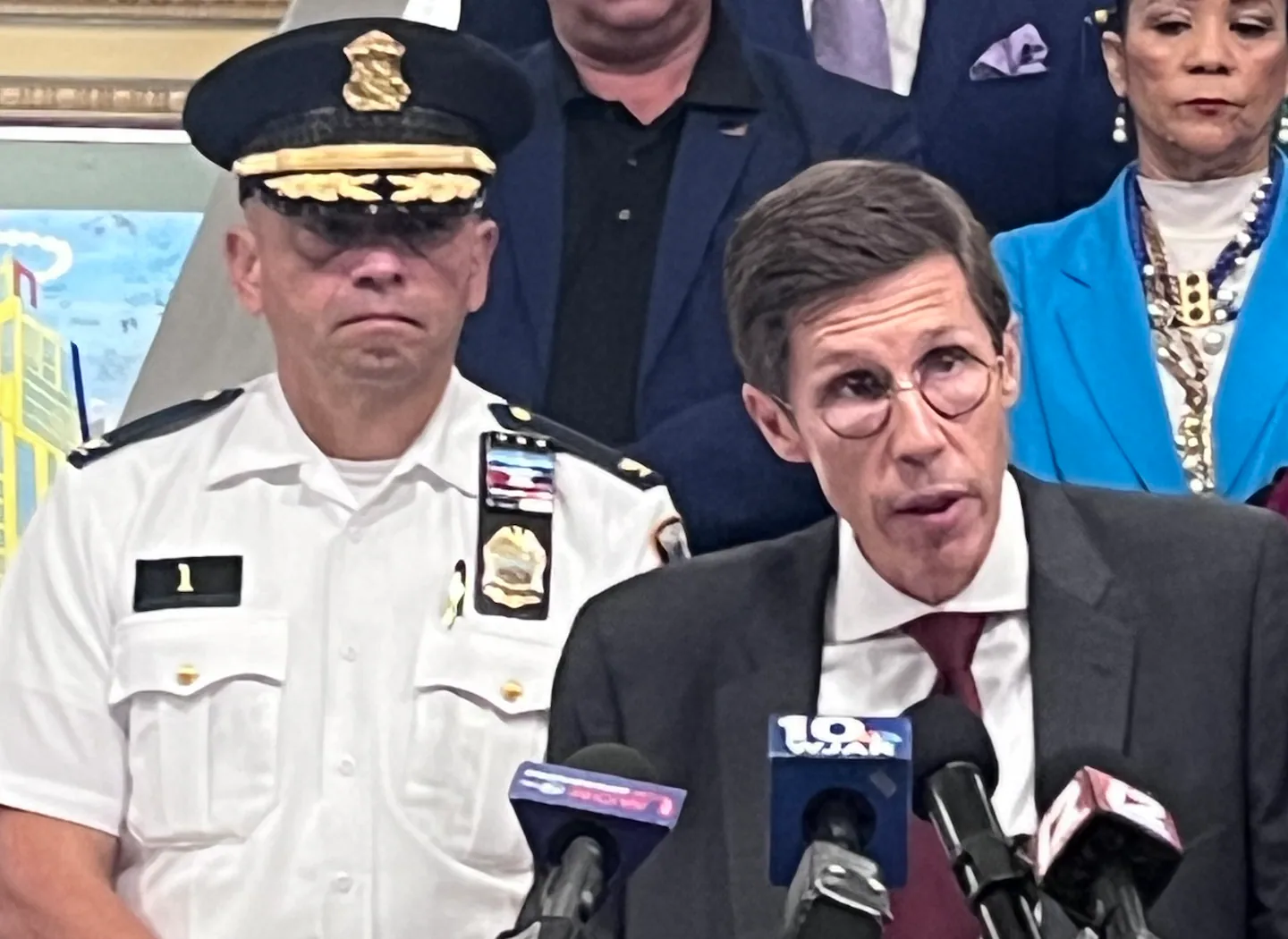
For five days, singer Piya Malik believed her dance-pop trio Say She She was one of the final bands to perform on Jimmy Kimmel Live! So she was “elated” when Walt Disney-owned ABC, in a reversal Monday (Sept. 22), announced it would restore the long-running show to the air. “It’s a small win that we all needed right now,” says Malik, whose late-night debut was Sept. 10, a week before ABC suspended Kimmel and his show. “When we act together, we can protect free expression and hold these monopolies to account.”
Jimmy Kimmel Live! won’t return to full TV strength tonight: Nexstar, which operates 32 ABC affiliates, and Sinclair, which controls another 38 ABC stations, will broadcast news shows instead. And for artists who rely on late-night shows for promotional power, the whiplash of losing, then regaining, Kimmel speaks to the fragility of the medium. “There are fewer platforms on TV that matter and that can move the needle,” says veteran record exec Steve Greenberg, manager of AJR, a pop trio that performed on Kimmel in July. “The few that exist are really important, and it’d be a shame to lose any.”
The most immediate reason for this fragility is that some late-night stars, namely Kimmel, Stephen Colbert and Seth Myers, are fiercely critical of the Trump Administration — and the president and some U.S. officials have responded by threatening to cancel them from the airwaves. The Kimmel brouhaha began when FCC chairman Brendan Carr criticized the host last week for his remarks about slain right-wing activist Charlie Kirk. “We can do this the easy way or the hard way,” Carr said. Shortly afterwards, Walt Disney, which owns ABC, pulled Kimmel’s show from production. It was an echo of CBS’s move in July, when it announced The Late Show with Stephen Colbert would be canceled in May 2026, a decision unlikely to be reversed.
But late-night talk shows are in trouble for reasons beyond politics: After CBS’s Colbert announcement, The Wall Street Journal reported the show loses $40 million annually, and TV ad spending for the ABC, CBS and NBC late-night shows declined from $439 million in 2018 to $221 million last year. And while each series has a massive social media following, star-making events like Future Islands performing on a single late-night show, Late Show with David Letterman, in 2014 are rare in today’s TV landscape. Earlier this year, Elton John and Brandi Carlile’s album Who Believes In Angels? debuted at No. 9 on the Billboard 200 only after the duo made the rounds to several morning and late-night shows. “People are not watching television at the rate people are watching YouTube, Instagram and TikTok,” says Adrian L. Miller, an artist manager who is working with singer Charlie Bereal and label Death Row Records. “Discovery starts on your phone now.”
Last year, a Chartmetric analysis of 458 artist appearances on prominent TV shows, from Kimmel and The Tonight Show Starring Jimmy Fallon to Ellen and Saturday Night Live, showed that featured artists’ monthly Spotify streams increased just 1.78% after their respective performances. A few prominent ones, like Bartees Strange on Kimmel in 2022, prompted greater increases, but 192 artists’ streaming activity actually decreased afterwards.
For Ken Casey — frontman of Dropkick Murphys and an outspoken Trump critic who calls the president “a little crybaby who can’t take some criticism, so he has to get the shows canceled” — the Kimmel issue is about the future of the First Amendment and nothing else. “It’s hard for me to even think about what’s lost for a band’s opportunities to perform — that seems so minuscule compared to the larger issue at hand, which is free speech.” But Casey, whose band appeared on Kimmel in 2004, acknowledges the dwindling talk show platform for musicians. “Yes, those opportunities have become fewer and farther between, even before politics,” he says. “Now they’re even fewer. I feel like music always finds a way. The message always finds a way.”
If late-night talk shows are heading for extinction — whether for the disturbing reason of presidents pressuring networks to shut off contrary voices, or the more mundane reason of audiences and advertising dollars drifting to streaming and social media — artists will lose more than performances before large TV audiences. Late-night shows have a history of taking chances on new artists, breaking once-unknown bands like Phoenix on Saturday Night Live in 2009 and Nathaniel Rateliff & the Night Sweats on The Tonight Show Starring Jimmy Fallon in 2015. Today, artists like AJR use late-night appearances as one segment of a broader marketing campaign, sharing the official clips on social media and cutting them into pieces for TikTok.
“That certainly helped us a lot,” says Greenberg, also founder and CEO of indie label S-Curve. “Fans are pulling the performance and posting their own favorites on social media as well.”



